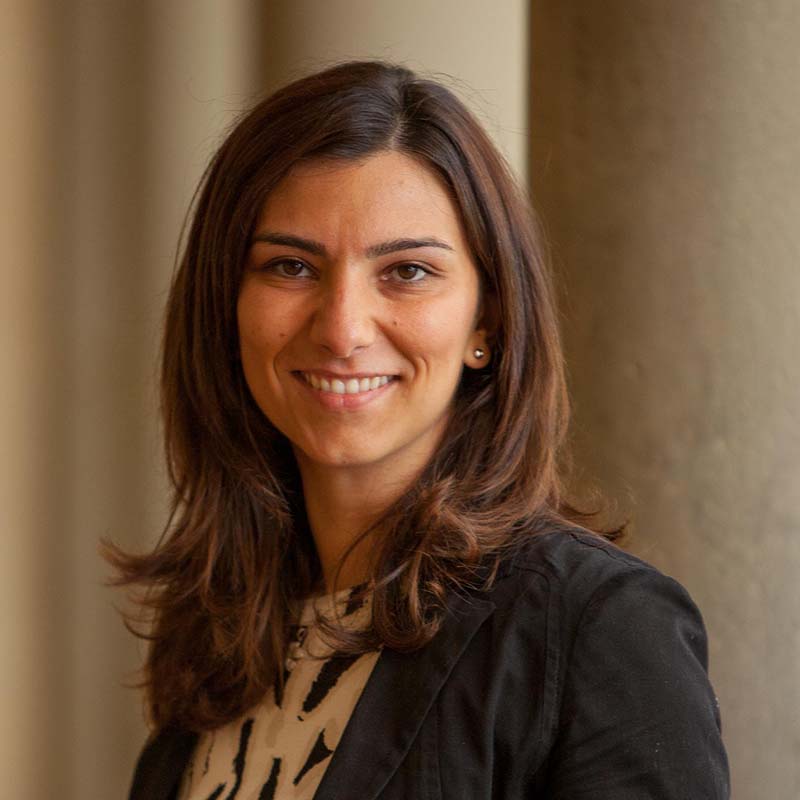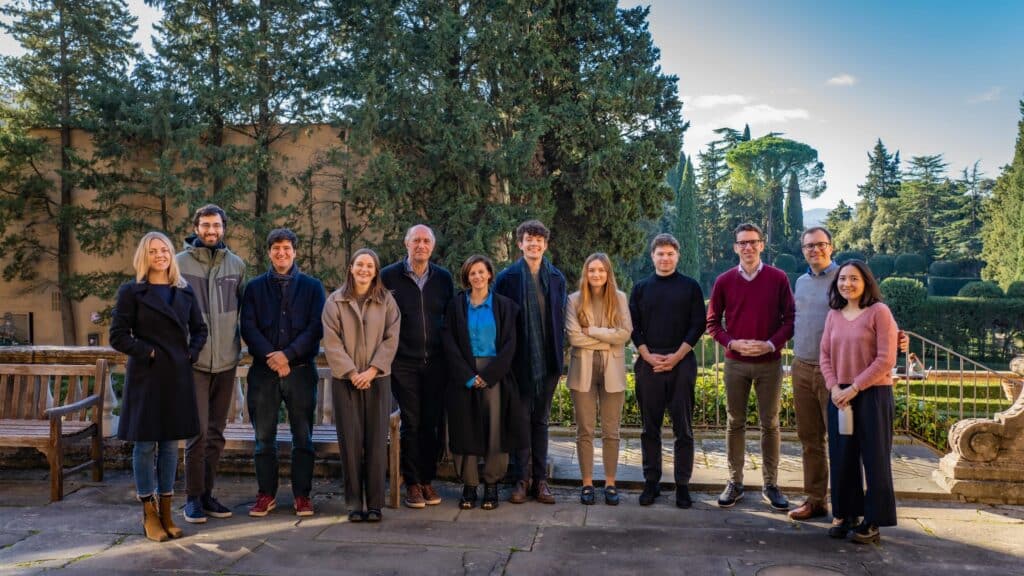Florence School of Regulation starts today its “Topic of the month” publication series.
I’m opening the first by introducing our March topic – “Gas security of supply” and welcoming the new Commission’s “Energy Security Package” released two weeks ago – read the FSR news.
The new Package targets one of the “Energy Union pillars” and includes:
- New regulation for gas Security of Supply
- A new strategy for LNG and storage
- A new framework for Intergovernmental Energy Agreements with non-EU countries
- A new strategy for heating and cooling applied to buildings and the industry itself
But what’s the right way forward for Security of Supply? And which points are the most urgent to address?
There are different ways of looking at the SoS issue and possible ideas on how to solve it or mitigate it (hear from experts on this topic below).
The new Energy Security Package articulates three fundamental policy approaches:
- Even with the ongoing decarbonisation strategy and the push towards a greener Europe, gas will remain a key element of energy mix for the next 20 years. Hence, supply of gas via LNG, storage or gas pipelines is still a fundamental feature of the EU’s energy security strategy.
- The Commission sees the external dimension of energy security as completing -but not substituting – the internal dimension (which focuses on domestic production + energy efficiency and on achieving a well-functioning Single Market for electricity and gas). Inter-governmental energy agreements with Third Countries (not just with Russia) need to become more consistent with EU policies and legislation – see FSR Conference on April 8th with EU Commission’s VP Šefčovič.
- EU Member States should guarantee each other a higher level of protection from possible energy disruptions via mutual solidarity. To make solidarity tangible in emergency circumstances, some specific mechanisms have to be defined and implemented via specific norms and regulation.
To conclude: Energy Security has been the trigger to creating the Juncker’s Commission “Energy Union” (listen von Sydow podcast) and it will stay on top of the EU regulatory, economic and political agenda for years.
Many questions remain open:
- Could Member States act independently in securing their own supply or should the EU speak with one voice in external relations?
- (How) should we foster investments in infrastructure in times of low gas prices and reduced energy demand?
- How can we prioritize the EU’s climate policy along with a renewed EU gas-based security of supply policy?
The Florence School will address all these issues in the upcoming four weeks through various initiatives, which include publications (two Policy Briefs are already on their way), events and training (See our Specialised Training on the Regulation of Gas Markets).
Stay tuned!
Ilaria Conti
FSR Gas Energy Policy Coordinator






